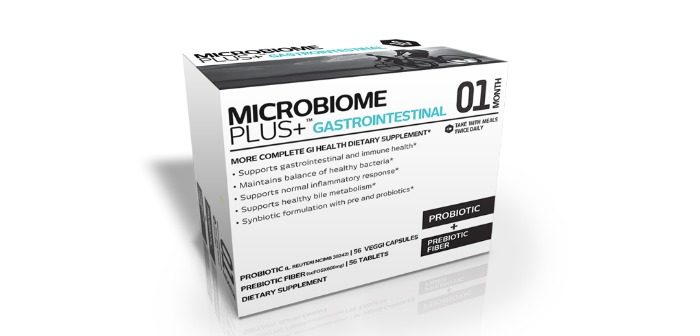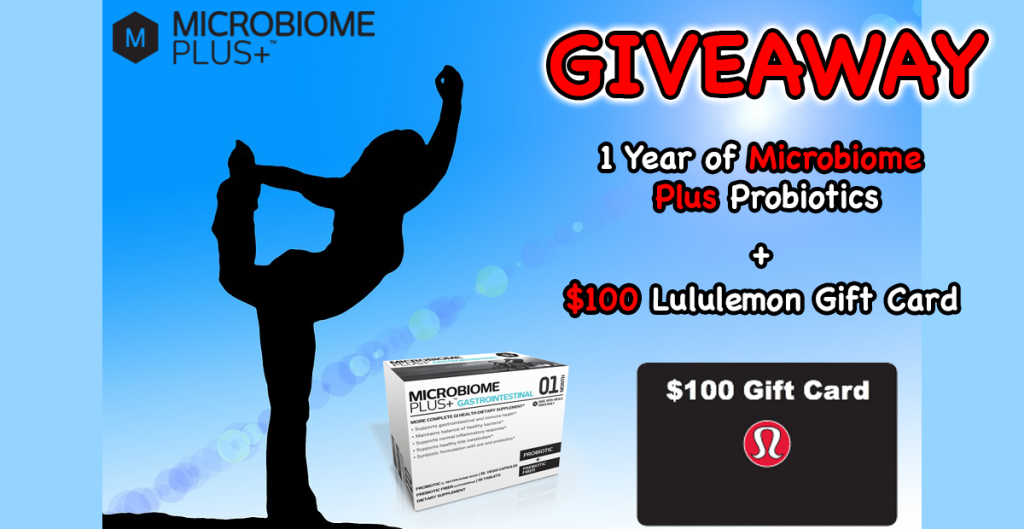Probiotics and the Gut Microbiome
Probiotics are live active beneficial bacteria that help you stay healthy. There are about 100 trillion of bacteria living in and on our body. These bacteria along with their genes constitute what we call a human microbiome. Babies acquire these beneficial bacteria from their mother. In addition to having a healthy diet regime, a woman (during pregnancy and while breastfeeding) needs to consume various supplements that are paramount to maintaining her and her baby’s health.
Let’s explore the 5 reasons that emphasize the importance of probiotics in a mother
1. Probiotics help a mother digest food and absorb nutrients
You can’t have a healthy body without having a healthy gut. Pregnancy and breastfeeding wipe out most of the nutrients from the mother. This can lead to fatigue, lethargy, anemia, and plenty of other health issues in a woman. Supplementing probiotics can help digest food and absorb nutrients, as well as make some essential vitamins like vitamin B and vitamin K.
2. Babies require beneficial bacteria from the mother for a healthy immune system
When a newborn leaves the germfree environment of the mother’s womb to enter this contaminated world, it needs a strong defense system against infections.
The digestive tract of a newborn baby is apparently sterile that entirely depends on a mother’s microbiome. [1] If a mother lacks healthy gut bacteria, her baby’s gut will be deprived of a good amount of favorable bugs with a simultaneous overload of the bad bacteria. Babies with a lack of probiotics are prone to a weak immune system. Thanks to the friendly gut bacteria that can facilitate the maturation of a robust immune system in your baby.
3. Probiotic supplementation in the mother can calm the baby’s gut as well
Healthy bacteria that colonize a mother’s gut are transferred from the mother to her baby via breast milk. [2] When a mother takes probiotics, these friendly bugs can help ease colic and other digestive issues like diarrhea and acid reflux in babies.
4. Probiotics are crucial for women who undergo a caesarean delivery
Probiotics become more necessary for women who have a caesarean delivery because the baby obtains most of the friendly bacteria from the mother’s birth canal during vaginal delivery. [3]
5. Probiotic intake in the mom prevents eczema in infants
A proven advantage of taking probiotics during pregnancy and lactation is protecting your child from allergic skin diseases like eczema. According to a study conducted in 2002, the experts revealed that administering probiotics to the pregnant and lactating mother maximizes the protective potential of their breast milk against eczema. [4]
Try this combo!
One of the most effective sources of healthy gut bacteria is the Microbiomeplus+ Gastrointestinal (probiotic and prebiotic combo) that contains the probiotic – Lactobacillus reuteri NCIMB 30242 and the prebiotic fiber (scFOS). This combo works together to maintain a balance of friendly gut bacteria in both the mother and her baby. The prebiotic fiber fuels the growth of good gut bacteria supplied by the L. reuteri NCIMB 30242. It promotes a robust digestive and immune health and keeps diseases at bay. An ounce of prevention is always worth a pound of cure so why not reap the benefits of probiotics and stay healthy.
Win $100 Lululemon Gift Card and 1 Year of Probiotics!
References
- Funkhouser LJ, Bordenstein SR. Mom Knows Best: The Universality of Maternal Microbial Transmission. PLoS Biology. 2013;11(8):e1001631. doi:10.1371/journal.pbio.1001631.
- Ted Jost, Christophe Lacroix,Christian P. Braegge et al. Vertical mother–neonate transfer of maternal gut bacteria via breastfeeding. Environmental Microbiology. 2013; DOI: 10.1111/1462-2920.12238.
- Mueller NT, Bakacs E, Combellick J, Grigoryan Z, Dominguez-Bello MG. The infant microbiome development: mom matters. Trends in molecular medicine. 2015;21(2):109-117. doi:10.1016/j.molmed.2014.12.002.
- Rautava S, Kalliomäki M, Isolauri E. Probiotics during pregnancy and breast-feeding might confer immunomodulatory protection against atopic disease in the infant. J Allergy Clin Immunol. 2002;109(1):119-21.





